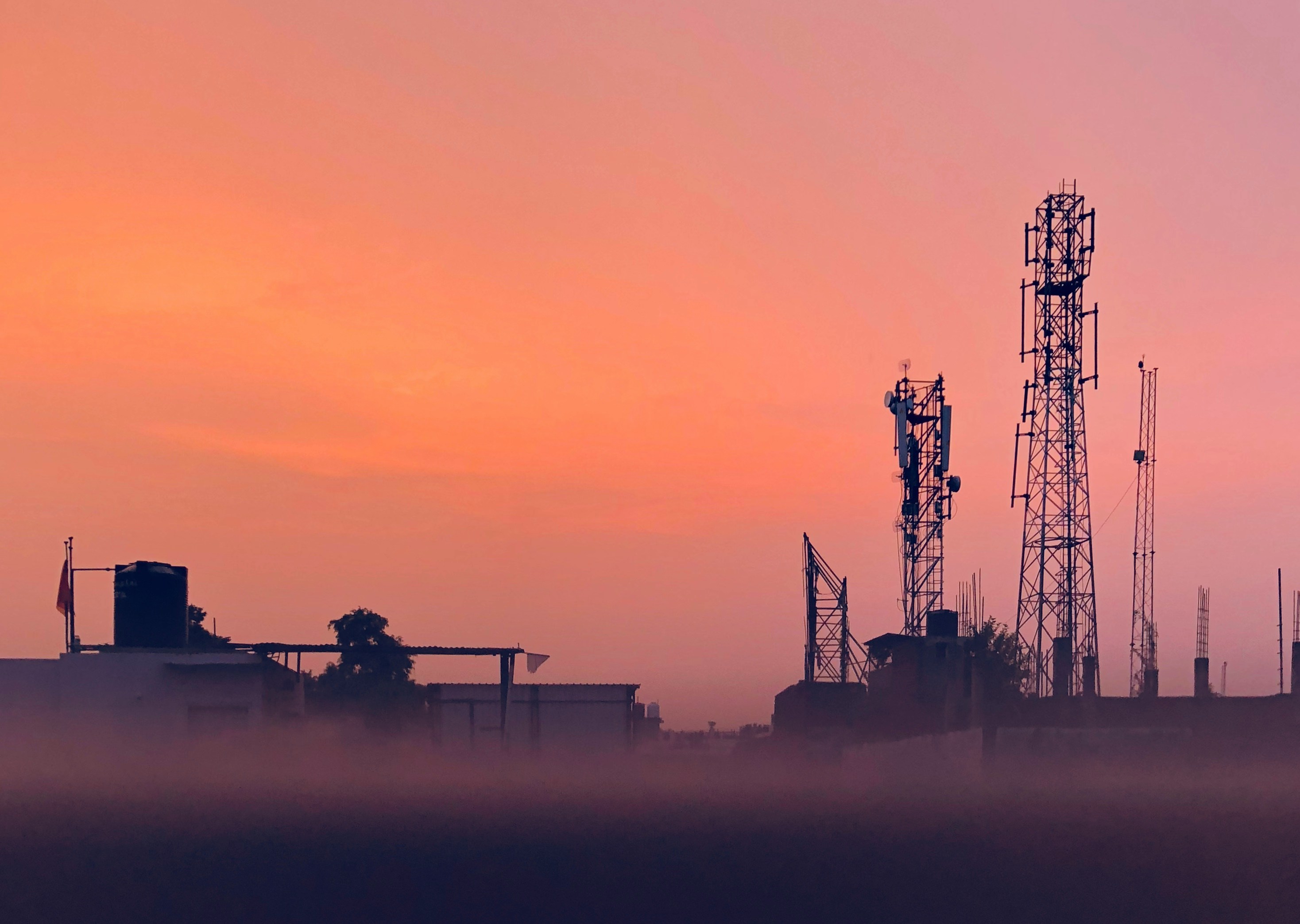Media release
From:
A tangled web: fossil fuel energy, plastics, and agrichemicals discourse on X/Twitter
An analysis of the nine top players in the U.S. fossil fuel-derived hydrocarbon industries (oil/gas, plastics, and agrichemicals) shows tight linkages across the three different sectors, with news media, other petrochemical industry players, and politicians also frequently tagged, according to a study published January 15, 2025 in the open-access journal PLOS Climate by Alaina Kinol from Northeastern University, United States, and colleagues.
Previous research on connections between the fossil fuel and plastics sectors and fossil fuel and agriculture sectors has revealed strategy lobbying coordination to resist government regulation in the United States. Here, Kinol and colleagues examine how nine key players in the US fossil energy/plastics/agrichemical industries used X/Twitter (henceforth referred to as “Twitter,” the name of the platform for the period this research covers) to interact.
The authors analysed over 125,300 unique tweets posted from 2008-2023 by the main Twitter accounts of nine key players in the US fossil energy/plastics/agrichemical trade: the top two largest U.S. fossil fuel oil/gas companies and their national trade association (ExxonMobil, Chevron, and the American Petroleum Institute), the top two largest plastics producers and their national trade association (Dow, Dupont de Nemours, Inc, and the American Chemistry Council), and the top two largest agrichemical producers and their national trade association (Corteva Agriscience, FMC Corp, and the American Farm Bureau). The assessment examined themes, connections, and relationships among these nine central Twitter accounts.
The organizations posted 47 percent of the assessed tweets; plastics, 35 percent; and agribusiness, 18 percent. All nine of the organizations of interest in this study were mentioned by at least four other organizations of interest, reflecting substantial connections between the three sectors. The strongest inter-sector connections were between fossil fuel and plastics organizations. In terms of other types of Twitter accounts mentioned, news media accounts were most frequently tagged (112 unique handles), followed by other organizations dealing with hydrocarbons/petrochemicals (63 handles) and politicians (43). The top five phrases mentioned were “economy” (3,140 tweets), “sustainable/sustainability” (3,012), “pipeline” (2,862), “water” (2,350), and “EPA” (591).
The findings suggest more investigation is warranted into how these organizations may use social media to amplify one another’s messages and shape public discourse around their industries and the climate crisis.
Co-author Jennie C Stephens summarizes: “Our study suggests that climate obstruction in different industries is more coordinated than is generally recognized...these different companies in different sectors are using the same strategic messaging to promote a distorted image of their environmental responsibility.”
Expert Reaction
These comments have been collated by the Science Media Centre to provide a variety of expert perspectives on this issue. Feel free to use these quotes in your stories. Views expressed are the personal opinions of the experts named. They do not represent the views of the SMC or any other organisation unless specifically stated.
Professor of Marketing Ekant Veer, University of Canterbury
The PLOS Climate study by Kinol et al. (2025) further demonstrates the use of social media to push messaging to a wide audience by large corporates. While most people in New Zealand use social media to engage in casual chats with friends and whānau, the coordinated and purposive approach to shaping narratives used by the companies in this study show that these big businesses see it as another tool in their marketing arsenal.
"The research shows that companies are coordinating their social media marketing efforts to shape the discourses online in an attempt to influence other users’ perceptions of these issues.
"What is not evident is how effective these companies are in swaying consumer sentiment. Further research would be needed to see if a) such practices are widespread in such a coordinated fashion outside of those studied here and b) how much these narratives influence our beliefs about different issues, especially climate change.
"What we do know about social media influence is that users who are not readily engaged or knowledgeable about a certain topic are likely to be more swayed by pervasive and coordinated messaging like this. People who question what they read online and are critical of the veracity of the post’s source are also likely to be more ‘protected’ from coordinated corporate messaging. In this case, those with high levels of understanding and literacy about climate impacts will be more likely to ‘see through’ discourses of climate denial.
"As such, the best thing we can do to prevent our susceptibility to messaging like this is to engage in mindful critical reflection of what we read online and be more educated and aware of climate change and its impacts.



 International
International



